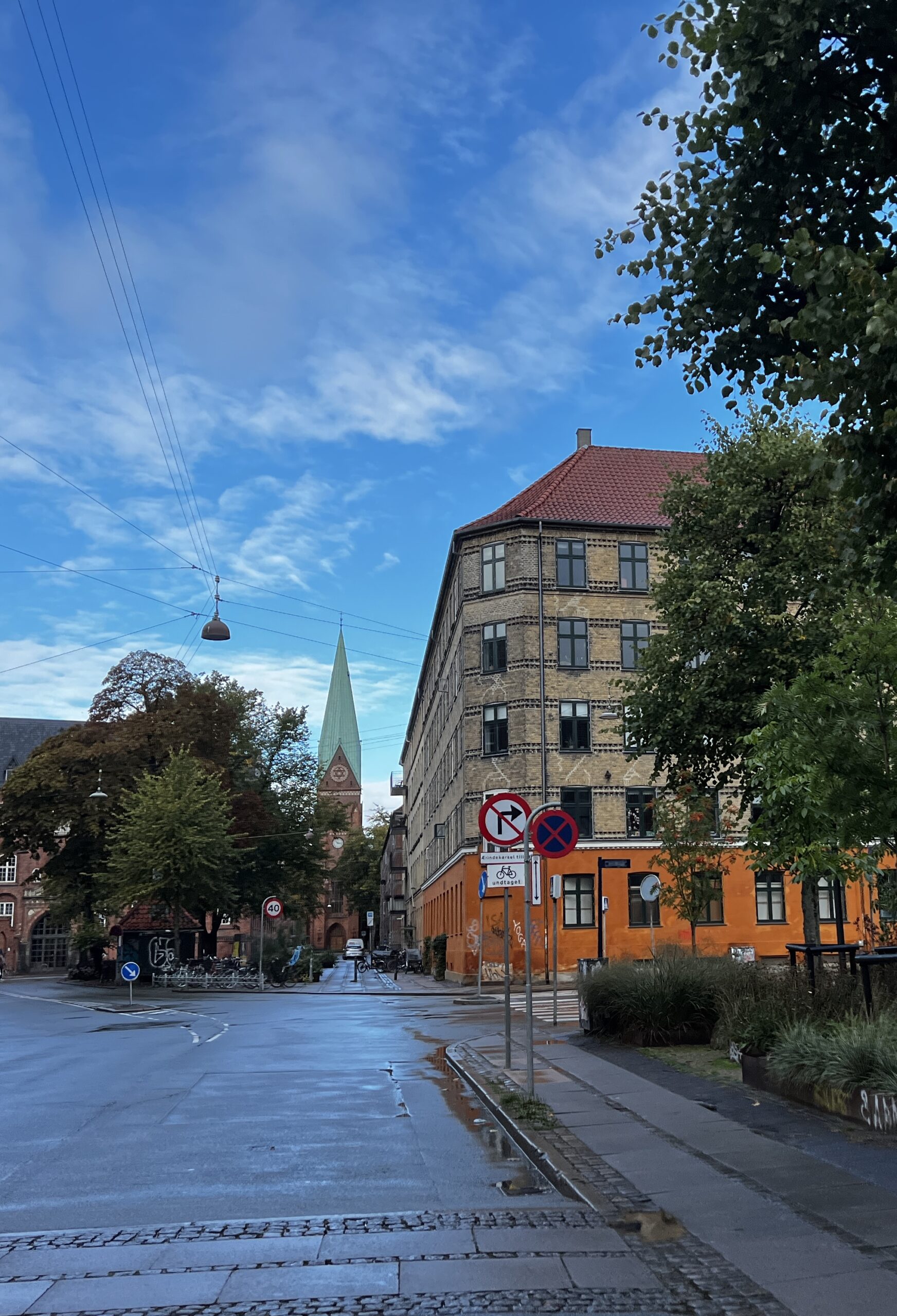Bombay / Poona
 |
 |
A Swimmer in the Tropics
Azaan already. Birds fill the sky in a dress
rehearsal for their tropical longing.
I was at the Cobbler most of last night,
drinking martinis filled with the temptation
of distant lands. We’re not so dissimilar
you know, the birds and I—just creatures
fed by the pull of their separable tropical
elsewheres. Azaan already, and the city
is prayer. Belief and unbelonging.
I stopped reading the newspaper
sometime in 2003. It keeps piling up like
residual afterburn—the hatred,
the glorification of bad; the bare bones
of countries with no conception of dry
land. Azaan already. Deliver me,
o ghosts of Rafi Sahab and Nusrat Sahab,
o ghosts of Geeta Dutt and Runa Laila.
Keep me pure and hopeful for this world.
Keep me alive to the tides that prosper
like foreordained stories. Some days,
I wish this city had a sea. But,
it’s azaan already. Some days, I think that
city is just another word for drowning.
 |
 |
Letters Licked with Flaming Tongues
Summer bounces off the pavement, glee
written into its yearly destiny. I miss
the ones who got away—the luminosity
of their laughter, the scent of unnamed
coastal towns and boulevards with
beautiful windows embedded in their
hair. I miss that specific childhood sky
of a certain blue, interrupted, ever so
often, by that shock of dizzying white.
Squadrons of amaltas speak in flaming
tongues, leaving the earth wet with
a gold rush longing. I miss that café
whose name I’ve forgotten, the one
whose jukebox played the same three
Dean Martin songs on repeat. I miss
Volaré, oh-oh/ Cantaré, oh-oh-oh-oh.
A boy across the street plays violin
on his balcony. He plays beautifully
too, but I don’t think he knows sadness.
And a violin without sadness is like
a poem without departure. I miss
the ones who stayed behind, their eyes
often lost in the glory song of better
days. I miss this poem too, though
I’m barely done with it—the way it
couldn’t decide whether it was
speaking of hope, or the loss thereof.
Siddharth Dasgupta writes poetry and fiction from lost hometowns. His fourth book—A Moveable East—arrived in early ’21. A fifth book and third collection of poetry—All These Streets We’ve Known By Heart—emerged in October ’22 via the independent publisher Red River. Siddharth’s literature has appeared in Prairie Schooner, Prairie Fire, Cordite, Epiphany, Rogue Agent, Thimble, Kyoto Journal, and elsewhere. He serves as Editor, Visual Narratives with The Bombay Literary Magazine, but calls the Indian city of Poona home. You’ll find the writer on Instagram @citizen.bliss.




